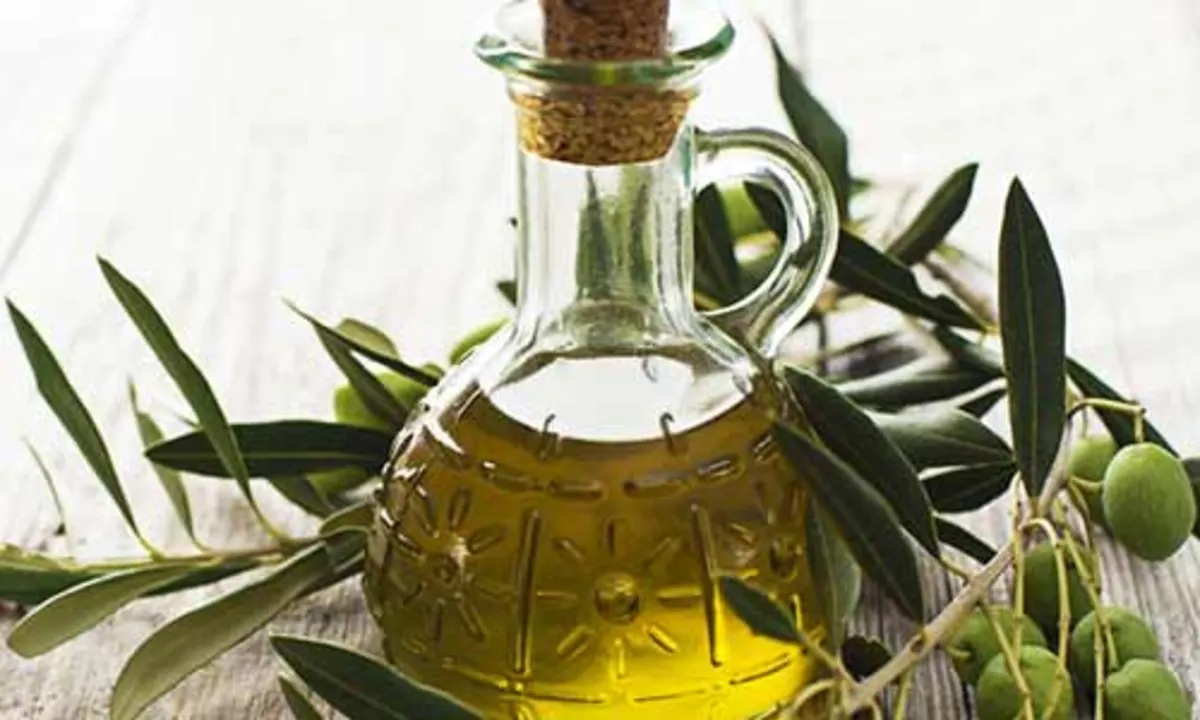Olives, the small fruit harvested from the olive tree (Olea europaea), have been a staple of Mediterranean cuisine for thousands of years. These versatile fruits are not only cherished for their rich flavor but also for their potential health benefits. However, when it comes to weight management, understanding the role of olives can be nuanced. In this comprehensive guide, we’ll explore how olives may affect your weight, considering factors such as their nutritional composition, calorie content, and potential impact on appetite and satiety.
Nutritional Composition of Olives
Olives boast a unique nutritional profile, offering a range of essential nutrients in a small package. While the exact composition may vary depending on the variety and processing method, olives generally contain:
Healthy Fats
Olives are predominantly composed of healthy monounsaturated fats, particularly oleic acid, which is associated with various health benefits, including improved heart health and reduced inflammation.
Fiber
Olives are a good source of dietary fiber, which plays a crucial role in digestion, satiety, and weight management. Fiber helps slow down the emptying of the stomach, promoting feelings of fullness and reducing overall calorie intake.
Antioxidants
Olives are rich in antioxidants, including vitamin E and various phenolic compounds, which help protect cells from oxidative damage caused by free radicals. Antioxidants may also support overall health and reduce the risk of chronic diseases.
Vitamins and Minerals
Olives contain small amounts of vitamins and minerals, including vitamin A, vitamin K, calcium, and iron, which contribute to various bodily functions and overall well-being.
Calorie Content of Olives
While olives are nutrient-dense, they are also calorie-dense, meaning they contain a relatively high number of calories compared to their volume. For example, just 10 large green olives contain approximately 50 calories, primarily from fat. As such, consuming large quantities of olives, particularly those packed in oil or brine, can contribute significantly to your daily calorie intake, potentially leading to weight gain if not consumed in moderation.
Potential Impact on Appetite and Satiety
Despite their calorie density, olives may have a positive effect on appetite and satiety, thanks to their high fat and fiber content. The combination of healthy fats and fiber in olives helps slow down digestion, prolonging the feeling of fullness and satisfaction after a meal. Including olives as part of a balanced meal or snack may help prevent overeating and promote better portion control, which can support weight management efforts in the long term.
Incorporating Olives Into a Healthy Diet
When it comes to including olives in your diet, moderation is key. Here are some tips for incorporating olives into a balanced eating plan:
Use Them as a Flavorful Garnish:
Add sliced olives to salads, pizzas, sandwiches, or pasta dishes to enhance flavor and texture without adding excessive calories.
Enjoy Them as a Snack
Enjoy a small serving of olives as a satisfying and nutritious snack between meals. Opt for varieties that are lower in sodium and avoid those packed in oil if you’re watching your calorie intake.
Include Them in Mediterranean-Inspired Meals:
Embrace the Mediterranean diet by incorporating olives into traditional dishes such as Greek salads, tapenade, or antipasto platters. Pair olives with other nutrient-rich foods such as vegetables, whole grains, and lean proteins for a well-balanced meal.
Be Mindful of Portion Sizes
While olives offer numerous health benefits, it’s essential to be mindful of portion sizes to avoid consuming excess calories. Stick to recommended serving sizes and enjoy olives as part of a varied and balanced diet.
Conclusion
In conclusion, olives can be a flavorful and nutritious addition to a healthy diet, offering a range of essential nutrients and potential health benefits. While olives are calorie-dense, their high content of healthy fats, fiber, and antioxidants may support appetite control and satiety, making them a valuable tool for weight management when consumed in moderation. By incorporating olives into meals and snacks mindfully and balancing them with other nutrient-rich foods, you can enjoy their unique flavor and reap the benefits they have to offer while maintaining a healthy weight and overall well-being.
- Embark on a Cosmic Adventure: My Fun Review of Melo’s THC Beverages! - May 20, 2024
- Benefits of Black Cohosh Supplements - April 2, 2024
- Benefits of Bilberry Supplements - April 2, 2024




